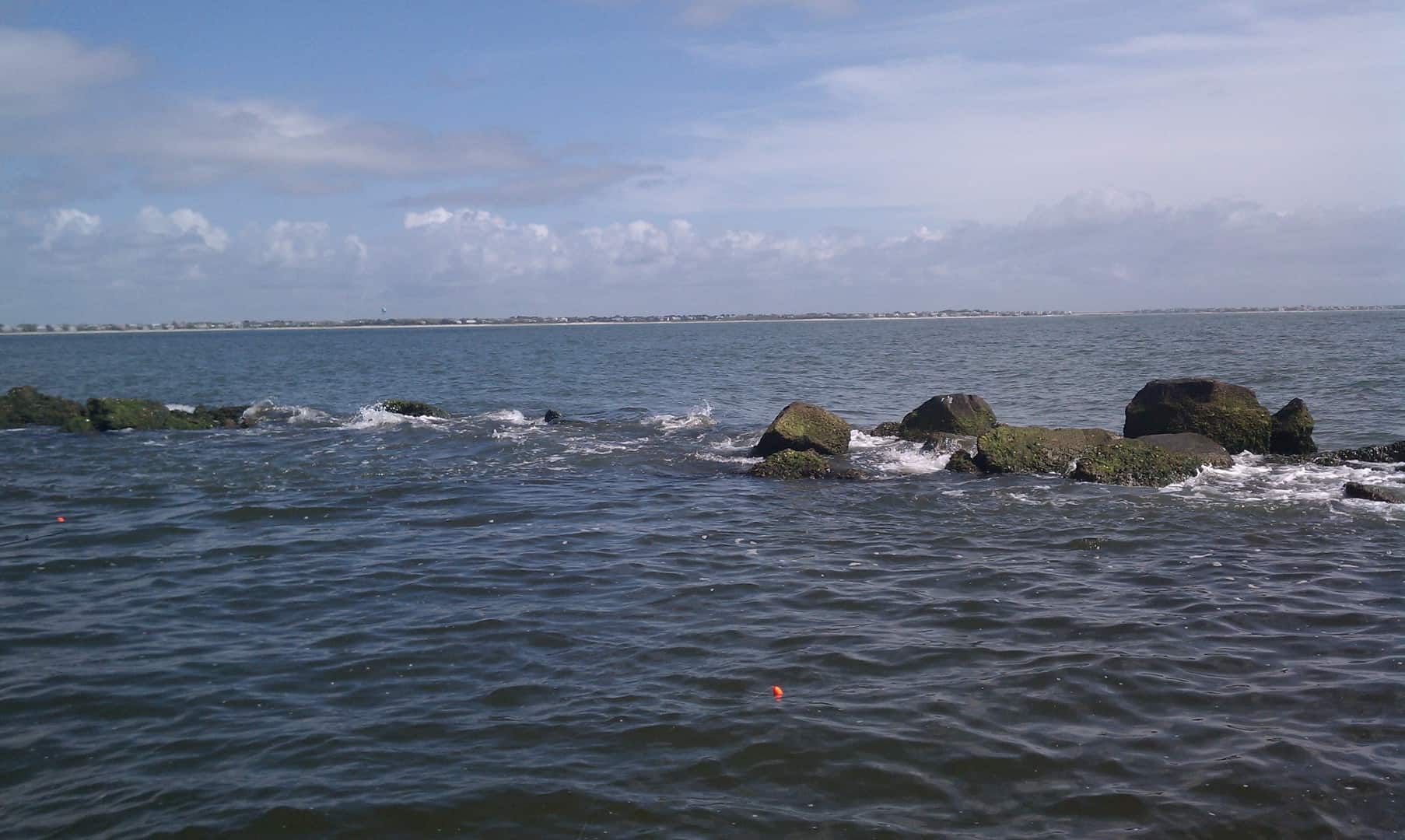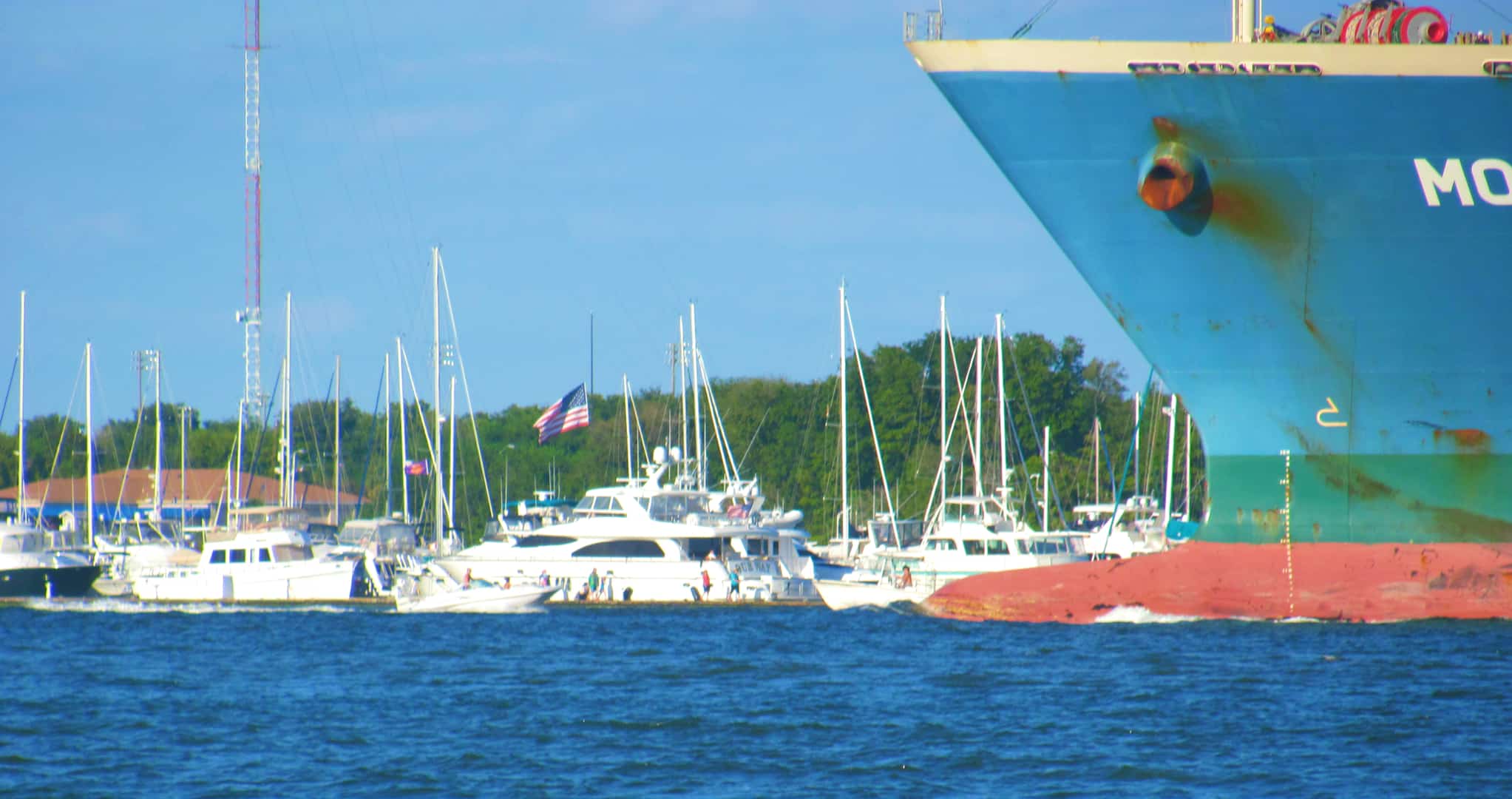Good morning to Captain and crew alike and welcome to the Admiralty Docket. 
James writes from Johns Island,
“Dear Mr. Cooper, I have a maritime lien on a shrimp boat and I am thinking about trying to collect against the boat. What if the owner of the shrimp boat files bankruptcy? Does that keep me from getting paid?”
Excellent question, James. If you have a maritime lien against a vessel, you may ordinarily file a civil admiralty action against the vessel in remin the U. S. District Court to enforce the lien. In the normal situation, neither the state courts nor the bankruptcy courts have jurisdiction to hear such a lien claim.
On the other hand, if a debtor is insolvent, he may ordinarily seek relief from his creditors and their claims by filing a petition in the U. S. Bankruptcy Court for protection of himself and his property from any further debt collection efforts. In the normal situation, neither the state courts nor the U. S. District Courts can proceed with actions against the bankrupt after filing of the bankruptcy petition.
When a vessel is owned by an insolvent there is a potential for conflict between the admiralty jurisdiction and the bankruptcy jurisdiction. The rule developed by the courts to resolve this conflict is known ascustodia legis. Under the custodia legis rule, the court that first secures control of the vessel is the court which administers the vessel.
So, if you file your admiralty action in the U. S. District Court, and the Judge authorizes the issuance of a warrant for arrest, and the Clerk issues the warrant, and the U. S. Marshal serves the process upon the vessel, all before the debtor files a petition in the U. S. Bankruptcy Court, then the U. S. District Court will continue to administer the vessel under the admiralty jurisdiction. However, if the debtor files a petition in the U. S. Bankruptcy Court before in rem process is served upon the vessel, then §362(a) of the Bankruptcy Act automatically stays any further action to advance claims against the debtor and his vessel and deprives all other courts of jurisdiction.
In this context, it’s hard to find fault with the advice of the old divorce lawyer, “File early, file often.”
More next week on The Admiralty Docket. Until then, remember your rights and responsibilities may change as you approach the shore and may God Almighty grant you pleasant sailing.











